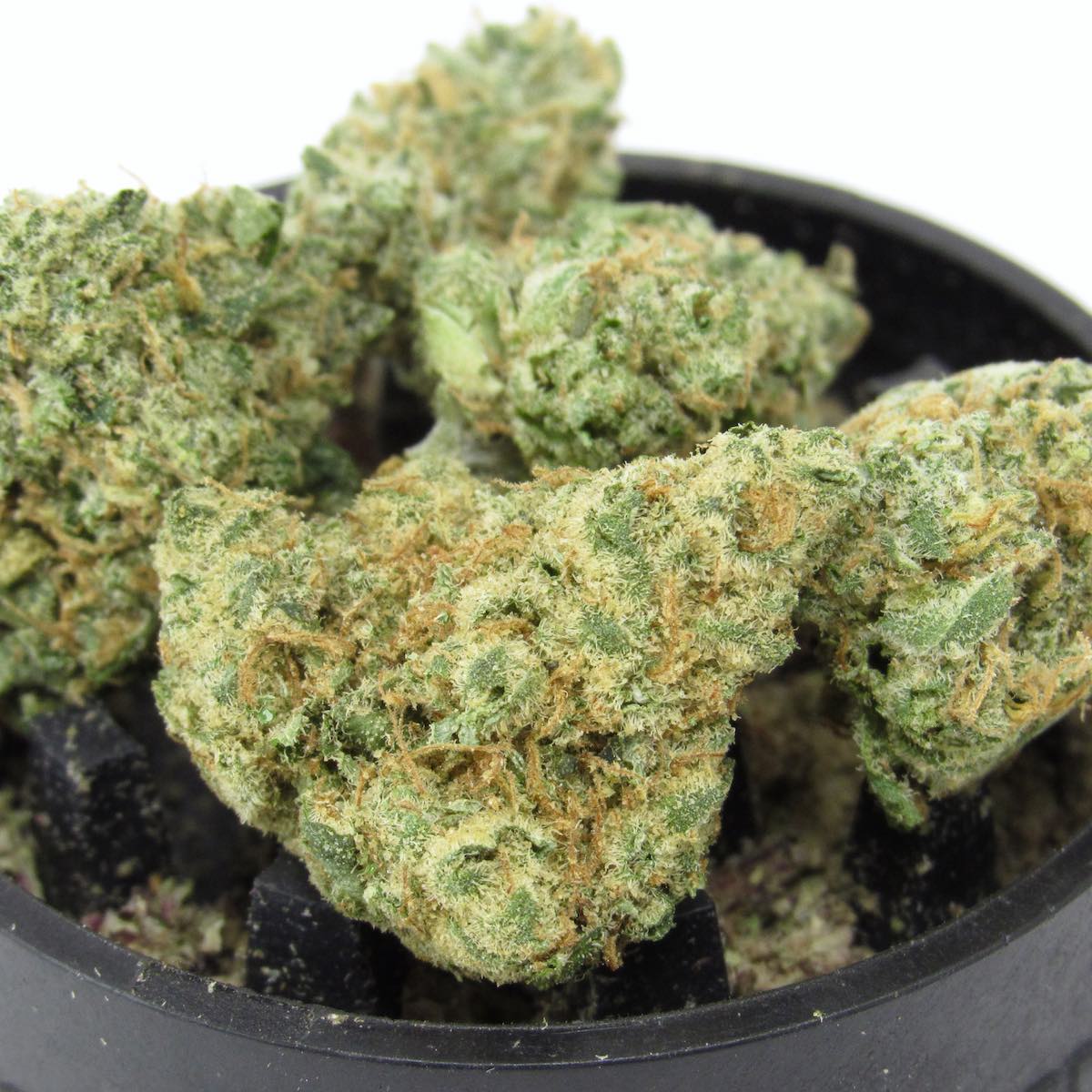Delaware lawmakers are taking another shot at legalizing marijuana in the state, filing a pair of complementary bills on Friday that would end prohibition and set up a basic regulatory framework for the market. And committee hearings on the proposals are already set for next week.
Rep. Ed Osienski (D) is sponsoring the legislation, HB 1 and HB 2. He took a similar, bifurcated approach last session and saw the legislature pass the simple legalization proposal while narrowly defeating the regulatory measure. Gov. John Carney (D) vetoed the former legislation, and the House didn’t have to votes for an override.
Advocates are hopeful that they’ll see a different result this year—and the sponsor says he’s going to push to achieve that.
Things are already moving according to plan, with the House Health & Human Development Committee scheduled to meet on Tuesday to discuss the basic legalization bill and the House Revenue & Finance Committee taking up the regulatory measure on Wednesday.
Both bills were introduced with about 30 combined House and Senate co-sponsors.
“Delaware has been missing an opportunity to participate in the adult recreational marijuana market,” Osienski said in a press release. We’ve missed out on hurting the illegal market, creating a new industry with good-paying jobs, and bringing tax revenue into our state that is currently going to nearby states like New Jersey.”
“We have spent the past several years educating members about the merits of this program and dispelling the misconceptions that have persisted,” he said. “I’m optimistic that we have the support to make this effort a reality.”
Here’s what the HB 1 legalization bill would accomplish:
State statute would be revised to legalize the possession, use, sharing and purchasing of up to one ounce of cannabis for adults 21 and older.
To avoid abuses of the “gifting” provision, the bill stipulates that “adult sharing” would not include giving away cannabis “contemporaneously with another reciprocal transaction between the same parties” such as an exchange of a non-marijuana item.
Public consumption and growing cannabis would remain prohibited.
People under 21 who engage in such activity would be subject to a civil penalty of up to $100 for a first offense. Police could use discretion and issue a citation in lieu of that fine, however.
Here’s an overview of the key provisions of the HB 2 regulatory bill:
The legislation would provide a basic framework to create a regulated system of cannabis commerce for adults in the state.
The Division of Alcohol and Tobacco Enforcement (DATE) would be responsible for regulating the market through a new Office of Marijuana Control Commissioner.
For the first 16 months of implementation, regulators could approve up to 30 cannabis retail licenses.
Applicants who show that they’d provide a living wage, health insurance coverage, sick and paid leave and focus on diversity in hiring would be prioritized in the licensing scoring process.
Seven percent of marijuana business fee revenue would go to a “Justice Reinvestment Fund” that supports restorative justice, workforce development, technical assistance for economically disadvantaged people and more.
That fund would also go toward “creating or developing technology to assist with the restoration of civil rights and expungement of criminal records.” However, the legislation itself doesn’t provide for automatic expungements.
In additional to conventional retail, cultivator, manufacturer and laboratory licenses, the bill would additional provide for social equity and microbusiness licenses (reserved for applicants with majority ownership by Delaware residents).
Localities would be able to prohibit marijuana businesses from operating in their area through ordinance.
Adult-use marijuana sales would be subject to a 15 percent sales tax. Medical cannabis products would not be taxed.
—
Marijuana Moment is tracking hundreds of cannabis, psychedelics and drug policy bills in state legislatures and Congress this year. Patreon supporters pledging at least $25/month get access to our interactive maps, charts and hearing calendar so they don’t miss any developments.![]()
Learn more about our marijuana bill tracker and become a supporter on Patreon to get access.
—
“Every year we don’t pass these bills, Delaware misses out on millions in revenue. From both an economic and a criminal justice perspective, legalizing and regulating the sale of marijuana is the right thing to do,” Sen. Trey Paradee (D), the lead Senate sponsor of the bills, said. “I will continue to serve as the lead Senate sponsor on these bills for as long as it takes to for them to become law.”
The “whereas” section of the legislation states that “the creation of a legal, regulated marijuana industry would effectively eliminate the illegal market for marijuana in Delaware by diverting demand away from illicit cartels and enterprises, and provide law enforcement officials the legal means necessary to ensure the safe legal use of marijuana in Delaware.”
It would further “address criminal justice concerns related to criminalization and prohibitions on the production, possession, and transportation of the substance,” including historic racial disparities in marijuana enforcement.
Beyond regional legalization developments putting pressure on Delaware to enact the reform, advocates are also increasingly optimistic about the legislation’s prospects given that last year’s election added more progressive lawmakers to the legislature.
“With new members in the General Assembly this legislative session, we’re excited for a renewed push for legalization,” Olivia Naugle, a senior policy analyst with the Marijuana Policy Project (MPP), told Marijuana Moment. “Delawareans have long supported ending cannabis prohibition, and it’s up to the legislature to act. Governor Carney has a second chance to stand for justice and the will of the people by supporting these bills if and when they reach his desk. We hope that he’ll change his stance.”
Because the regulatory bill includes tax components, it requires a three-fifths majority of lawmakers to approve it. The basic legalization measure only needs a simple majority.
Osienski made the calculated decision to break up the measures in the previous session after an earlier proposal that included both components was rejected in the House because it failed to reach the three-fifths vote requirement.
But while there are high hopes that the new legislation will make it through both chambers, it remains to be seen how the governor would approach it given his ongoing opposition to comprehensive legalization, or whether the votes are ultimately there to override a potential veto.
In October, Carney vetoed a more narrowly tailored bill that would have clarified that medical marijuana patients are not prohibited from buying, possessing or transferring firearms under state law
A strong majority of Delaware voters support legalizing marijuana—including nearly three in four Democrats who back the reform that the state’s Democratic governor vetoed last year, according to a poll released that month.
Lawmakers In Three More States File Psychedelics Reform Bills For 2023
Read the full article here



